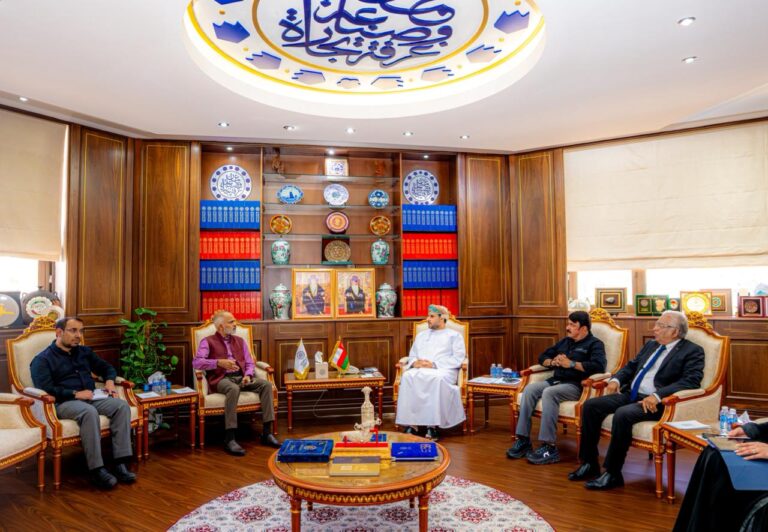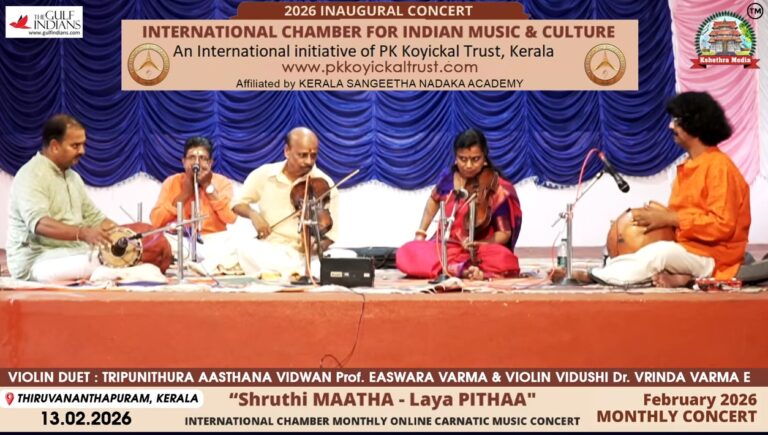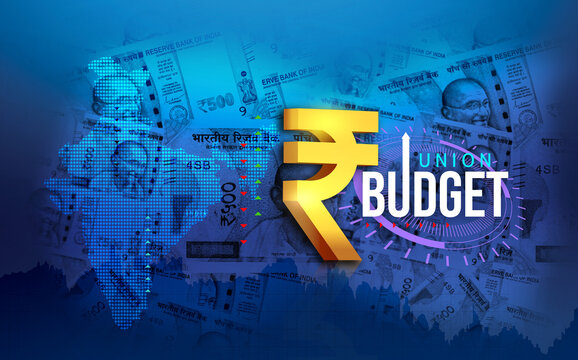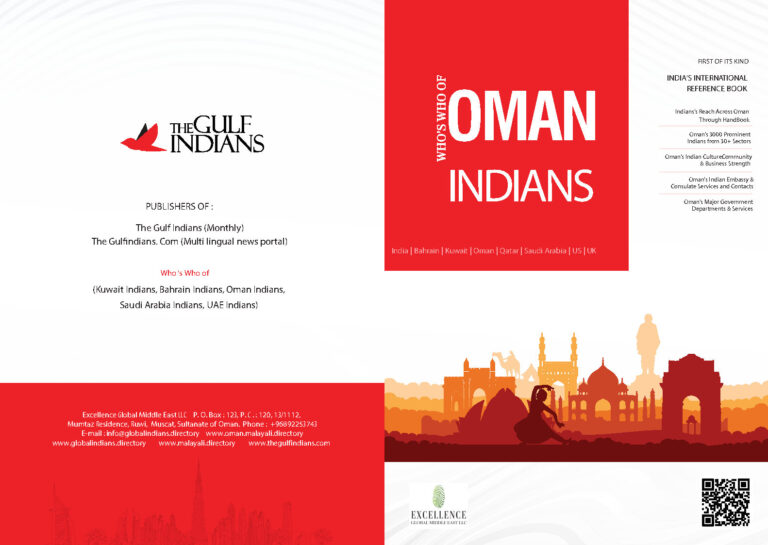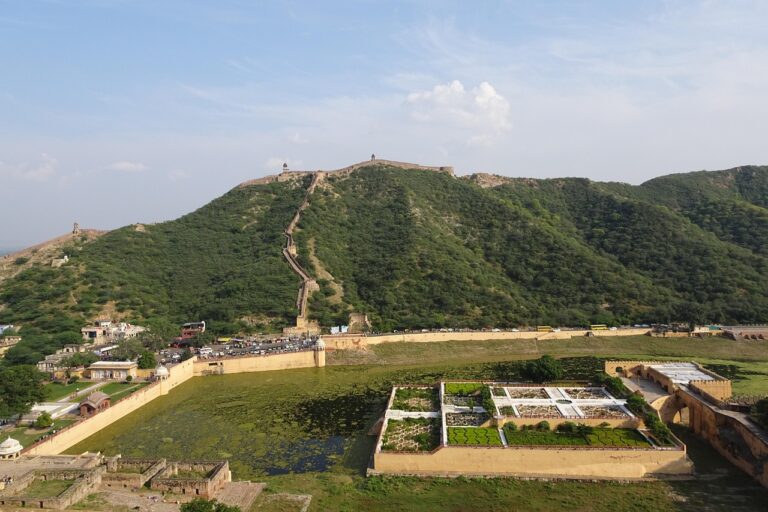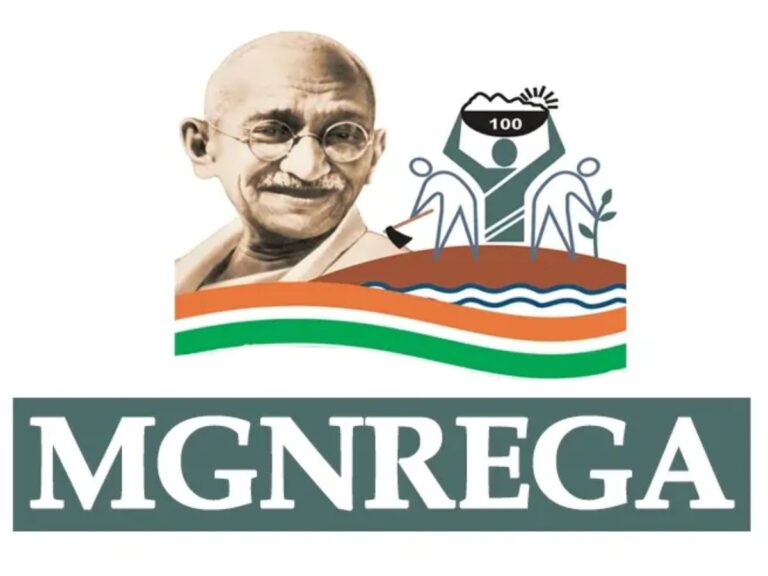MUSCAT: As Oman accelerates its renewable energy ambitions – with targets of 30 percent of electricity from renewable sources by 2030 – SEZAD is positioning itself as a catalyst for renewable innovation. From pioneering carbon neutral steel manufacturing to ambitious green hydrogen projects, Duqm is shaping up as a key player in sustainable industrial development.
The timing couldn’t be better as SEZAD launches Duqm Now, a quarterly business networking initiative aimed at fostering dialogue on sustainable development. Sponsored by Duqm Quarries and Development Bank, the inaugural session, Up and Down the Green Stream, scheduled for 7:30pm, Wednesday 29 January at the Crowne Plaza Hotel Duqm, brings together key figures in Oman’s sustainability and renewable energy landscape: Essam Al Sheibany, Vice President, Sustainability, ASYAD Group; Dr Khalil Al Hanashi, Senior Advisor, Ministry of Energy and Minerals; and Muad Al Farsi, CEO, Nafath Renewable Energy. The evening’s session will be moderated by Dr. Mohammed Al Mugheiry, PDO’s Petroleum Engineering Commercialization Manager.
Against this backdrop of transformative industrial initiatives, The Arabian Stories spoke with Eng. Ahmed Akaak, SEZAD’s CEO, about how micro, small and medium-sized enterprises (MSMEs) are helping drive Oman’s green transition.
MSMEs are often described as the backbone of the economy. How does SEZAD view their role in Oman’s green transition?
“MSMEs are not just the backbone of Oman’s economy, they are its beating heart,” Eng. Akaak asserts. “There are over 260,000 MSMEs registered in Oman – that’s 99.7% of all businesses, employing 75.9% of the private sector workforce. They clearly play a crucial role. In Duqm, we see them as agents of change, helping Oman navigate the complexities of the green economy.” He points to compelling global data: “MSMEs contribute around 40% of greenhouse gas emissions in the business sector, rising above 50% in some regions. In the UK, over 90% of clean-tech companies are MSMEs while in Finland they account for more than 70%,” he notes. “Their capacity to adapt, innovate and lead in emerging green markets is unparalleled.”
How important are MSMEs to Oman’s economic diversification and renewable energy goals?
“MSMEs are and will continue to be the engines driving Oman’s economic progress,” Eng. Akaak emphasizes. “Under Oman Vision 2040 and with support from our financial institutions, we’re seeing unprecedented opportunities for MSMEs in the sustainable development sector.” He points to recent initiatives: “Development Bank, for example, has funding streams for businesses working in the green technology and renewable energy space. This mirrors successful international models but is tailored to our unique market conditions.”
While the global statistics are impressive – 2023 saw the highest ever increase in renewable energy jobs, from 13.7 million in 2022 to 16.2 million. The 18% year-on-year leap reflects the increased demand for clean energy across the globe. In some economies, the number of jobs being created in the renewable energy industry is growing four times faster than the overall employment market. In fact, IRENA estimates renewable energy jobs are expected to grow to 30 million by 2030.
“In this regard, Oman’s potential is highly promising. Our abundant solar, wind and land resources, strategic location and SEZAD’s success in attracting investment of US$16 billion particularly from major players in the green hydrogen and green steel industries make renewable energy an attractive prospect for Oman’s ambitious MSMEs. Here I’m thinking about both up and downstream opportunities – from parts manufacture and servicing to maintenance and logistics, there’s a whole array of options,”commented Eng. Akaak.
Beyond regulatory compliance what competitive advantages do you see for MSMEs that embrace sustainability?
“The business case for sustainability is compelling,” he argues. “We’re seeing MSMEs discover that going green isn’t just good for the planet – it’s transforming their bottom line.” He points to multiple advantages. “Energy-efficient technologies are reducing utility costs, while circular economy practices – reusing and recycling materials – are significantly cutting procurement expenses. But perhaps more crucially, sustainability is becoming a key differentiator in the marketplace.”
The SEZAD chief highlights an emerging trend – larger corporations increasingly scrutinize their supply chains’environmental credentials. “Even if an Omani MSME isn’t directly subject to the EU’s Corporate Sustainability Reporting Directiverequirements, having strong environmental practices makes them more attractive partners to larger companies that are.” This shift also extends to consumer behaviour. When asked if they care about buying environmentally and ethically sustainable products, consumers overwhelmingly answer yes.
Indeed, in a recent McKinsey consumer sentiment survey more than 60% of respondents said they would pay more for a product with sustainable packaging. Eng. Akaak notes: “Omani MSMEs that authentically embed environmental responsibility into their operations are building deeper, more lasting relationships with customers.”
How does this focus on sustainability affect business resilience and investment prospects?
“In today’s competitive business landscape, environmental proactivity is risk management,” Eng. Akaak states. He describes how MSMEs with strong environmental practices are better positioned to navigate resource scarcity, regulatory changes and evolving social expectations. The investment landscape is also changing. “We’ve noticed investors are no longer satisfied with pure financial returns,” he explains. “They’re seeking businesses that demonstrate positive environmental and social impact. For MSMEs based in Duqm, this presents an opportunity to tap into new funding streams aligned with Oman’s 2050 net zero target and sustainability goals.”
How does the global push for net zero align with SEZAD’s vision for MSMEs in Duqm?
“The global push for net zero is an opportunity for Duqm to lead by example,” Eng. Akaak states. He sees MSMEs as catalysts for change, though success will depend on delivering support mechanisms, from sustainable finance to skill development. “Our role at SEZAD is to ensure our tenant community has what it needsto succeed, whether that’s access to advanced infrastructure, streamlined policies or international networks. Together, we can build a greener, more resilient future for Oman and contribute to global sustainability goals.”
What message would you like to share with MSMEs looking to embrace sustainability?
Eng. Akaak’s message is direct: “The time to act is now. The world is changing rapidly and the businesses that adapt will not only survive but thrive. Sustainability isn’t just about meeting environmental targets,” he concludes. “It’s about securing a competitive edge in the markets of tomorrow. And if I can leave you with one thought, it is that not only is Duqm leading change it is also offering real opportunity right now for investors and entrepreneurs while unlocking possibilities for Oman’s ambitious talent.”



